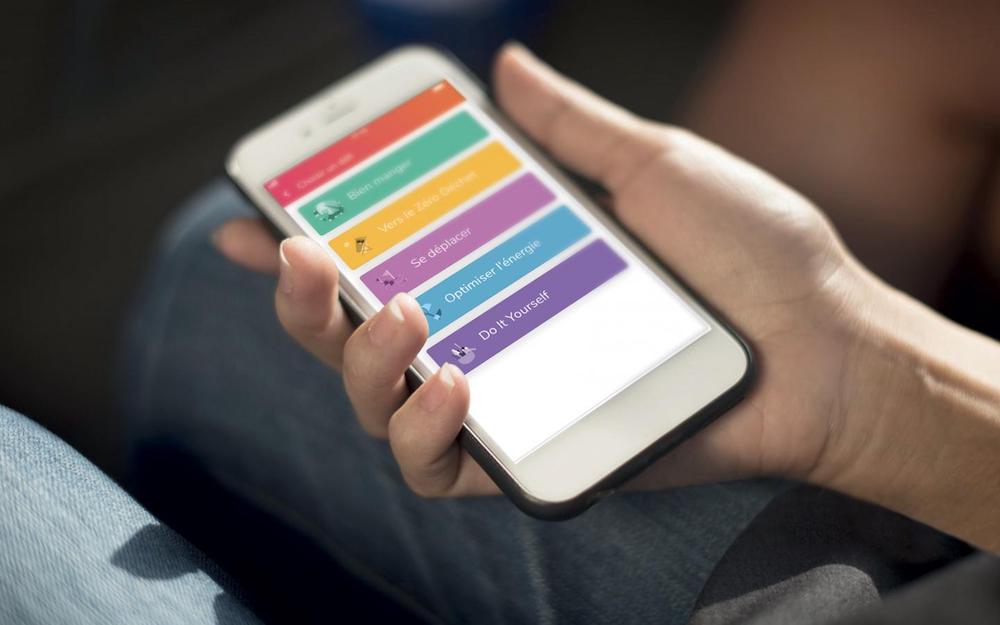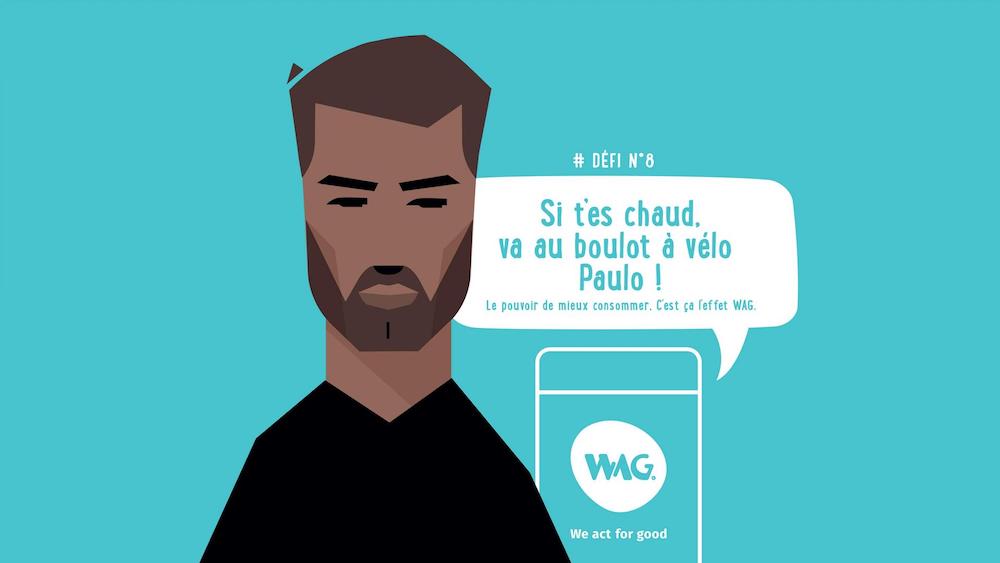WAG: the application for a sustainable world

WWF France and its partners (ADEME, La Poste and Maif) presented to the press, Monday, November 12, 2018, the WAG application that aims to support citizens who wish to adopt a more eco-responsible behavior.
What if, rather than waiting for the decision-makers to put in place ambitious policies for a more sustainable world, we took the lead, at our level? Many French people feel concerned by environmental issues. A recent survey (June 2018) conducted by the IFOP institute with 1015 people gives a figure to 71% of the number of respondents who consider that the action of the government in environmental matters does not meet their expectations, 66% that it does not is not in accordance with the campaign promises of Emmanuel Macron and 70% that it is constrained by the weight of the economic lobbies. In addition, 52% of respondents say that making an effort to promote ecology is an opportunity to live better and create jobs. But concretely how to do? Where to start ? What actions can I take on my own scale? It is to answer all these questions that WWF France and its partners (ADEME, Post and Maif) presented to the press, Monday, November 12, 2018, the application WAG.
Act for good

This application, available on Google Play as on the App Store, is presented as “a lifestyle application that helps you to be more eco-responsible through some reflexes easy to adopt in your daily life”. WAG (initials of “We Act for Good”, which means, “we act for good”) revolves around 5 major themes: “good eating”, “towards zero waste”, “moving”, ” optimize energy “and the” do it yourself “. The application invites you to choose in one or more of these themes the “challenges” it will propose to you.
#WeActforGood c’est quoi ?
C’est l’appli qui te donne le pouvoir de mieux consommer grâce à :
? 30 000 lieux autour de toi à découvrir
? 500 défis personnalisés à relever
? 1 communauté engagée à rejoindre?Toi aussi, rejoins la communauté WAG?https://t.co/IfOsDDSOAN pic.twitter.com/qpCWkxS9q3
— We Act for Good (@weactforgood) 12 novembre 2018
[Source : www.wwf.fr, www.sciencesetavenir.fr]






